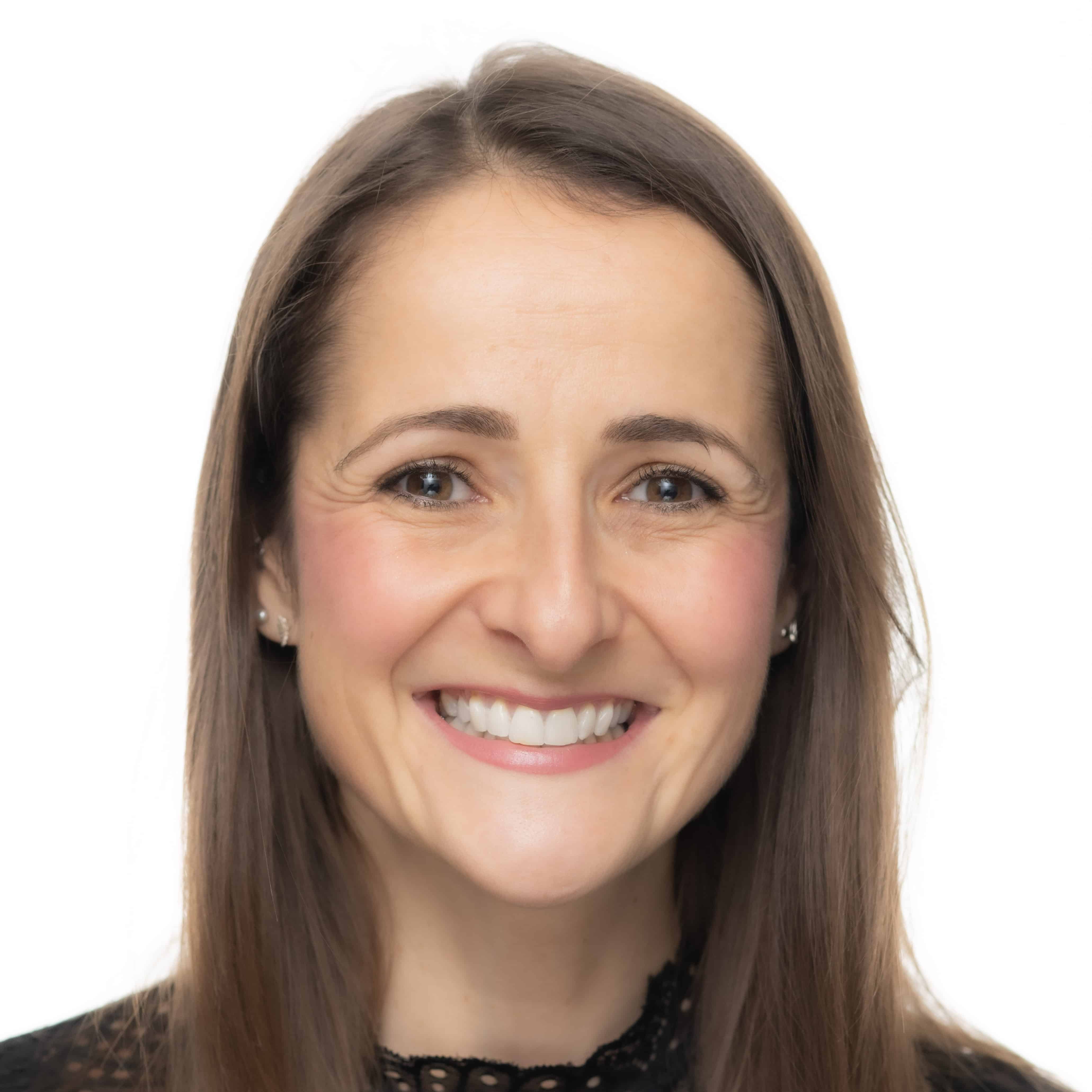
Problems at HSIB are potentially harmful – what can affected families do?
The Healthcare Safety Investigation Branch (HSIB) maternity investigation programme was set up in 2018 to independently investigate harm and deaths in maternity units in England; the goal being to make maternity care safer.
Channel 4’s May 2023 investigation, based on leaked documents and an unprecedented number of whistle blower accounts, shines a light on poor patient experiences and incredibly worrying staff concerns about deep rooted, fundamental flaws and failings in HSIB’s investigative process. Further, and alarmingly, staff report a toxic culture of poor leadership, bullying, discrimination and racism.
In the wake of repeated reports of struggling maternity units across England, HSIB promised to offer an independent check which would meaningfully contribute to sustainable positive change in maternity practices. To learn that the guardian of safer practice is itself compromised will be incredibly upsetting for families, many of whom have already been failed in the most devastating way by poor maternity care.
In our experience, families want answers and also to effect systemic change so that the mistakes they experienced will never again be repeated. The devastating and far-reaching impact on these families, who have tragically experienced serious harm to or loss of a child cannot and should not be underestimated.
To learn that families who have already been failed are being let down yet again by the body tasked with being independent and finding those answers is completely unacceptable and will be distressing to many people who have had or have an ongoing HSIB investigation.
There is clearly a need for an investigation programme like that offered by HSIB maternity programme. The potential for it to identify trends, and make a valuable contribution to improving standards in maternity care and better patient outcomes is huge, but sadly this Channel 4 investigation clearly shows that something at HSIB has gone very badly wrong. Unfortunately, HSIB’s responding promises of new leadership as indicative of revolutionary change to “historic” issues rings hollow in the face of such stark investigation findings.
A full review is now urgently needed to consider the future of HSIB’s maternity programme. Not only do these findings impact how HSIB reports are now viewed in their own right, but there is also a concern that the Early Notification Scheme (ENS) waits for and refers to HSIB reports when deciding whether or not to investigate cases under the scheme. The ENS is in our view flawed, as discussed by my colleague Caroline Klage here , but could families who ought to have been referred to the scheme have been denied the opportunity due to flawed HSIB investigations?
A number of other questions must be considered – how much difference can HSIB really make when they lack legal power to enforce their recommendations? Can the current system be working when the same mistakes are happening in the same trusts despite existing HSIB reports highlighting concerns? What difference, if any, will the anticipated change of HSIB being hosted by the Care Quality Commission (CQC) bring? Most importantly, why have families been let down yet again, and what role will their experiences have in instilling change? Will their voices now be heard?
The answer will not be straightforward, but it lies in effective collaboration and communication. There must be a willingness to really listen and to learn from family and staff experiences as to what is working and what isn’t. Crucially, the solution must ensure that any investigative power has genuine independence and that any recommendations are given the weight they deserve. Without this, the same patterns will be repeated, the same mistakes will be made and babies and families will continue to suffer the devasting impact of serious injury and loss.
HSIB in its current form is not fit for purpose, and meaningful, sustainable change will not happen quickly. Now that families know about the investigation findings and the concerns about the quality and independence of HSIB, they should consider the range of options open to them to get the answers they so understandably need. We would always recommend that families who are concerned about medical treatment they have received seek independent legal advice which they can rest assured will be impartial and safeguarded by the independence of the Court.
Claudia Hillemand is a Partner at Bolt Burdon Kemp specialising in Child Brain Injury claims.










